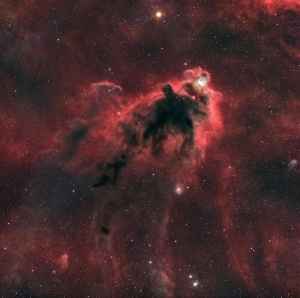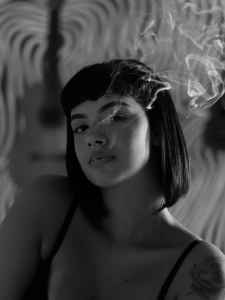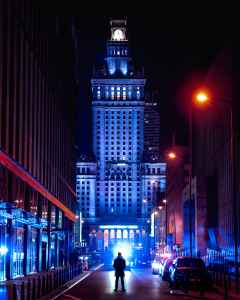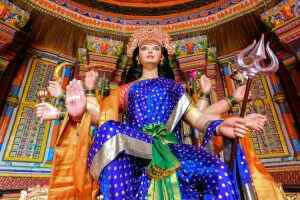# Writing Cults in Fiction: A Deep Dive into the Dark Side of Literature
In the realm of contemporary fiction, a peculiar trend has emerged, captivating readers with tales of writing cults—shadowy groups of writers and readers engaged in sinister activities. These stories delve into the complex relationship between readers, writers, and the written word, offering a glimpse into the darker side of literary creation.
## Writing Cults in Fiction: A Growing Trend
In recent years, there has been a noticeable surge in fictional narratives featuring writing cults. These stories often revolve around young women, exploring the allure of these cults and the consequences of their involvement. This trend invites discussions about the portrayal of women and girls in literature, as well as the nature of their relationships with fiction.
## The Writing Workshop as a Crucible
The writing workshop, a central setting in many of these stories, serves as a crucible where young writers are tested and transformed. The emotional intensity of the workshop environment, with its emphasis on critique and competition, can lead to profound growth or, in some cases, negative consequences for participants. The vulnerability and pressure inherent in this space create a fertile ground for the manipulation and exploitation that often characterize writing cults.
## Fictional Writing Cult #1: The Secret History
Donna Tartt’s acclaimed novel “The Secret History” stands as a prime example of a writing cult in fiction. The story follows a group of classics students at a prestigious New England college who become entangled in a deadly ritualistic bacchanal, resulting in several deaths. Their hubris and obsession with the written word, particularly the works of ancient Greek authors, ultimately lead to their downfall.
## Fictional Writing Cult #2: Bunny
Mona Awad’s “Bunny” presents a more overt depiction of a writing cult within an MFA program. The Bunnies, a group of female writers, engage in witchcraft and create “Bunny-boys” using rabbit essence and literary namesakes. The protagonist, Samantha, becomes involved with the Bunnies and must confront her own writing and identity to break free from their influence.
## The Significance of Writing Cults in Fiction
The portrayal of writing cults in fiction highlights the power that academic spaces and writing workshops hold over students and writers. These stories explore the dark side of the creative process, revealing the potential for obsession and hubris to lead to destructive outcomes. They also raise questions about the ethics of writing and the responsibility of writers to use their words responsibly.
## Why We Love Reading About Writing Cults in Fiction
Readers are drawn to these stories because they see how easily ordinary characters can be drawn into dangerous situations due to their love of literature. The portrayal of writing cults taps into our own fascination with the transformative power of books and the complex relationship between readers and writers. We are intrigued by the idea that words can have a profound impact on our lives, and we are compelled to explore the darker side of this power.
## Conclusion
The popularity of writing cults in fiction reflects the broader cultural significance of literature and the influence it holds over our lives. These stories offer a cautionary tale about the potential dangers of obsession and hubris, reminding us to approach the written word with both reverence and critical thinking. In the world of fiction, writing cults serve as a stark reminder of the dark side of literary creation, urging us to consider the consequences of our words and the responsibility that comes with them.










